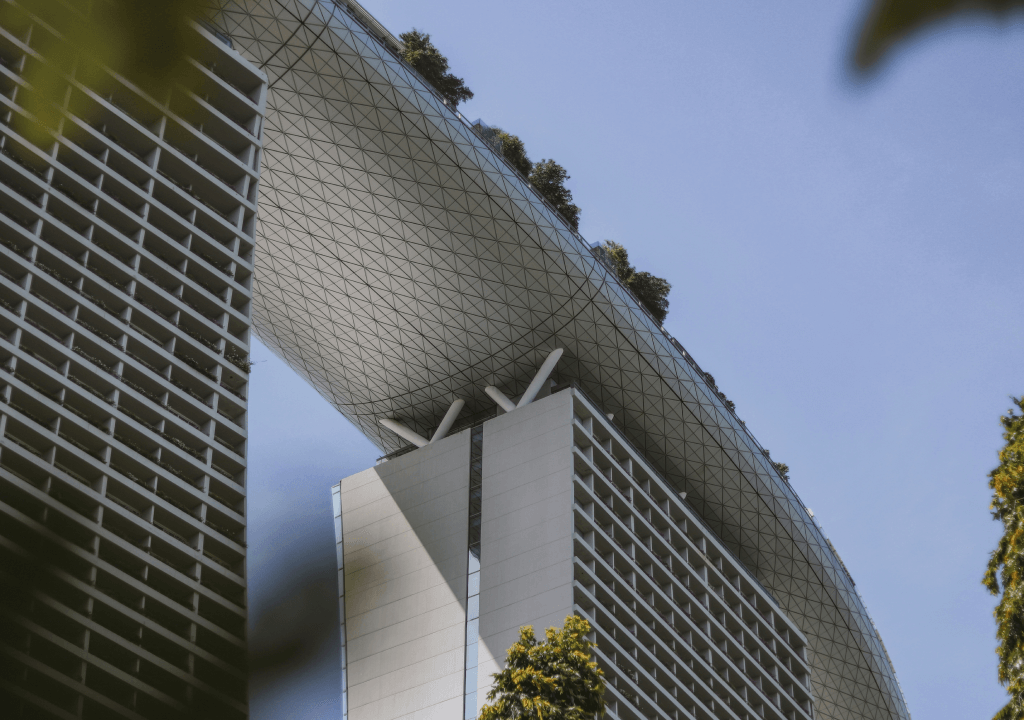The 21st century is celebrated as the century of Asia, yet the cooperation between different countries, akin to the European Union remains a distant goal. The intricate fabric of Asian politics creates a complex landscape for corporations to navigate. The critical decision of choosing the optimal location for business headquarters becomes a nuanced process, demanding meticulous consideration of factors encompassing politics, international relations, and competitive advantage.
While extending hands to multinational companies undoubtedly proves advantageous for states, promising potential economic boosts through taxes and investments. In the race for Asia’s business headquarter position, Singapore and Hong Kong emerge as primary rivals. Each highlighting distinctive features such as their city-state status, robust international relations, proximity to major economies, business-friendly environments, and low corruption levels. Although both have thrived in the past decades, the most recent Bloomberg report decisively crowns Singapore as the unequivocal champion. This declaration dispels uncertainties, firmly establishing it as the undisputed leader in the competition to host corporate headquarters in Asia
Singapore’s appeal to multinational corporations is on a steady ascent, propelled by its Western affiliations and an abundant talent pool, as highlighted in a recent Bloomberg Intelligence report. The 50-page report attributes this change to Singapore’s stronger ties with the West, a diversified economy, and enticing tax incentives. The document argues that Singapore surpasses Hong Kong in terms of perceived political stability and freedom, especially in the face of heightened geopolitical risks in the region. In the ongoing competition for the title of Asia’s premier business hub, Singapore has firmly solidified its position by hosting regional headquarters for 4,200 multinational firms in 2023. This outpaces its primary rival, Hong Kong, which accommodated 1,336, according to the report.
A notable revelation emerges as even Chinese companies, navigating geopolitical intricacies and aiming to broaden their global presence, increasingly favor Singapore over Hong Kong. This shift marks a departure from the historical concentration of both Chinese and international companies in Hong Kong. While Hong Kong boasts a lower standard corporate tax rate at 16.5%, the report highlights Singapore’s competitive edge with programs that can reduce its 17% tax rate to 13.5% or even lower for specific activities. Singapore’s targeted incentives for foreign companies establishing regional hubs have proven successful, attracting a prestigious lineup of multinational corporations, including FedEx, Microsoft, Google, Mead Johnson, Rolls-Royce, and General Motors.
Singapore’s allure extends to companies navigating sensitive sectors, as evidenced by the presence of TikTok and the online fashion giant Shein, both having established business hubs in the city-state. Chinese enterprises, including electric-vehicle maker Nio and tech giants like Huawei Technologies, are also increasingly expanding their operations in Singapore. The report’s conclusion underscores Singapore’s corporate critical mass and diversified economy, positioning it favorably to attract even more global business in the next five years compared to Hong Kong.
Hong Kong , China’s financial hub had a special status and independent governance were instrumental in its growth as an Asian business hub, recent increase in China’s influence, leading to widespread protests that tarnished its international reputation. Last decade witnessed a lot of political protests against the government and the country’s stringent zero-Covid policy throughout the pandemic was horrible. In contrast, Singapore asserted its independence and emerged as the favored destination for international business offices. The decline of Hong Kong, often seen as a symbol of China’s waning influence, is underscored by the Chinese economy losing its pre-pandemic momentum. Factors contributing to this include a sharp decline in population growth and Western decisions to relocate businesses to Southeast Asian nations and India.
The United States revoked Hong Kong’s special status amid escalating tensions. The ongoing geopolitical tensions in the South China Sea are poised to impact corporate decisions, potentially escalating in the coming decade if disruptions to China’s economy and global trade persist.
The report emphasizes that Hong Kong has ceded its status as the preferred choice for international business headquarters to Singapore. This is a big achievement for Singapore, echoing its prominent standings in various global indices such as the Human Development Index, passport rankings, and corruption index. Crucially, this serves as a distinct indication of the waning influence of China and Japan, set against the escalating prominence of Southeast Asian nations and India.







